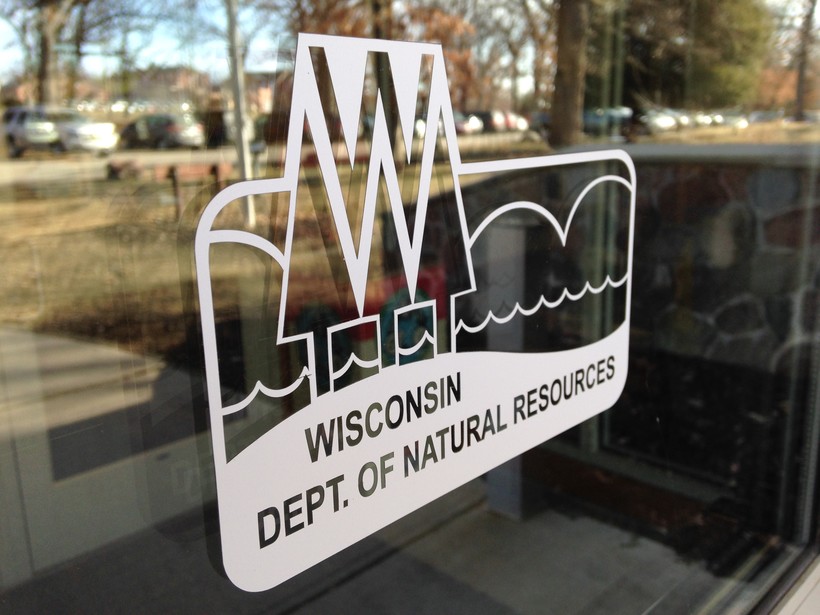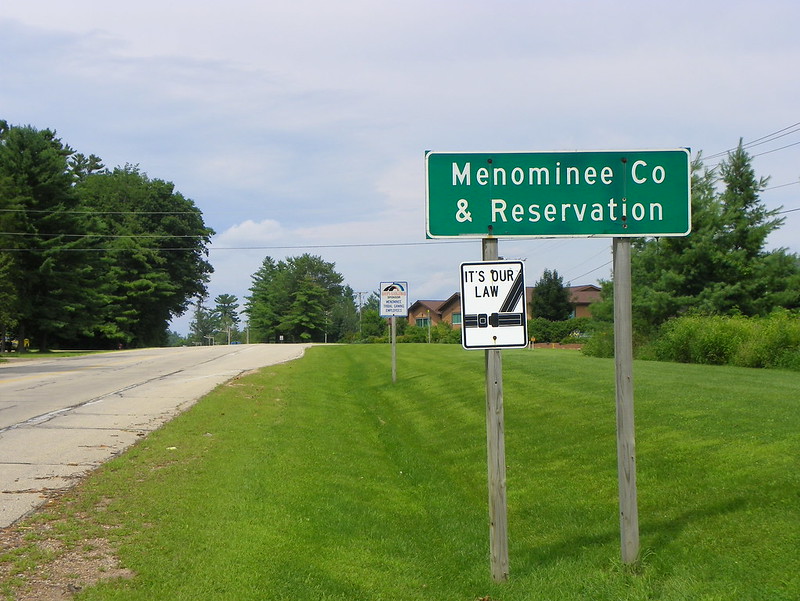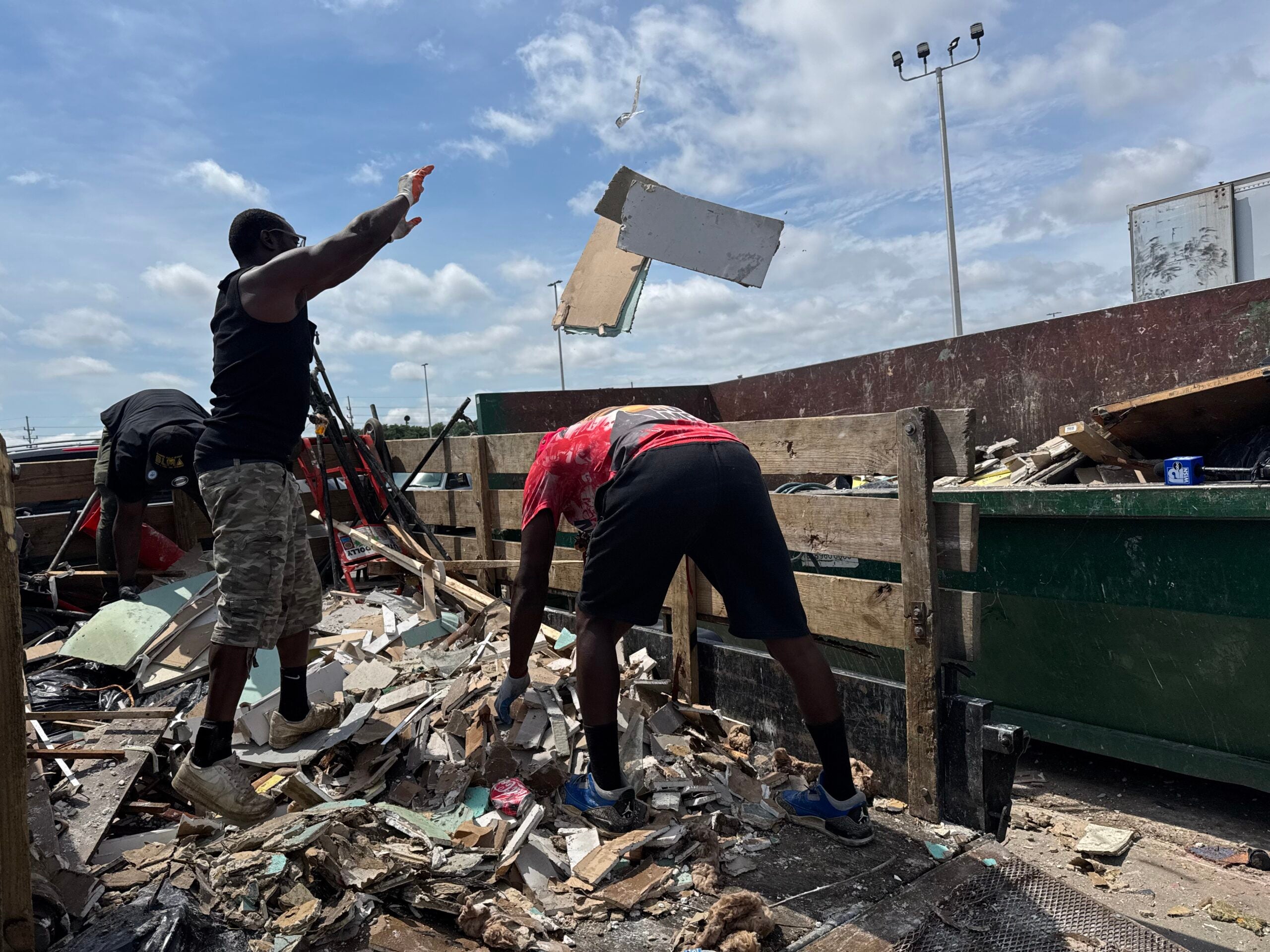A Jefferson County judge has ruled that the public can’t go beyond the normal high water mark on rivers, lakes and streams during times of high water or flooding.
Jefferson County Circuit Court Judge Bennett J. Brantmeier ruled in favor of Thomas Reiss of Ixonia, who sued the Wisconsin Department of Natural Resources last year.
Reiss and his attorneys argued airboat operators trespassed on his land when the nearby Rock River flooded his property. His attorneys said those operators cited DNR guidance documents that the public may use waterways as long as people “keep their feet wet.” Attorneys for Reiss argued the agency’s guidance is an unlawfully adopted rule that can’t be enforced, saying it contradicts state law by expanding public access under the state’s public trust doctrine.
That doctrine under the state constitution ensures navigable waters in Wisconsin are “forever free” and held in trust by the state for public use. The DNR enforces the public’s rights to use those waterways up to the ordinary high water mark or a distinctive mark on the shoreline.
Jessica Polakowski, an attorney for Reiss with law firm Reinhart Boerner Van Deuren, said a century or more of case law in Wisconsin has established that the public’s rights to use those waters doesn’t extend above that mark.
“If anything, what our client was seeking to do was to clarify both his rights in terms of his private property rights and the rights of the public and where they can traverse freely pursuant to the public trust doctrine in Wisconsin,” Polakowski said. “We have always felt that the law on both of those issues is very clear, but the DNR’s guidance documents and feet wet rule did muddy those waters — pun intended.”
Brantmeier agreed that the DNR’s guidance was unlawful and unconstitutional. The judge directed the agency to remove those documents, noting any guidance must follow the state’s rulemaking process.
Troy Giles, an attorney with Reinhart, said Reiss is pleased with the decision.
“He undertook this because he felt it was the right thing to do and because he felt certain that other (waterfront property) owners were probably experiencing the same type of thing,” Giles said.
The DNR declined to comment on pending litigation.
News with a little more humanity
WPR’s “Wisconsin Today” newsletter keeps you connected to the state you love without feeling overwhelmed. No paywall. No agenda. No corporate filter.

Decision could create confusion for property owners and the public
Rob Lee, a staff attorney with Midwest Environmental Advocates, agreed existing case law is clear that the public trust doctrine only applies up to the ordinary high water mark. He said the case represents a peculiar and possibly egregious example of the public abusing rights to cross property they wouldn’t otherwise have access to during times of flooding.
“While this decision may create some clarity with this specific property and the issue with the airboats and who can do what, it does potentially create even more confusion elsewhere,” Lee said. “That will be confusion that the DNR and property owners will have to work through.”
For example, Lee noted the public may be unable to see where the ordinary high water mark lies during flood conditions because it’s most likely underwater. He added it also raises questions surrounding enforcement.
He wondered whether the DNR may need to work with waterfront property owners to develop signage to make people aware of where the normal high water mark is located during times of flooding. He also questioned what happens when that distinctive water line changes as waters ebb and flow over time.
Polakowski said that doesn’t change overnight.
“We recognize it can change over time,” Polakowski said. “But periodic flooding — the presence of water during extraordinary circumstances — is not an indication that the ordinary high water mark has changed.”
Polakowski added the matter has posed safety concerns, saying airboat operators that crossed the Reiss property were shooting guns. In one incident, she said a neighbor’s cow was shot by one of the airboat operators. Polakowski said they’re hopeful the judge’s decision will provide direction on how law enforcement should handle those trespassing beyond the normal high water mark onto private property.
The Jefferson County judge issued a permanent injunction in the case, barring any expansion of the public’s right to use waters beyond the normal high water mark. The DNR asked Brantmeier to place a hold on his ruling, but the judge denied the request while leaving open the possibility to consider a motion at a later date.
The long-term effects of the ruling are unclear, and the DNR didn’t comment on whether it may appeal the decision. If the ruling stands, Lee with Midwest Environmental Advocates said there’s potential it could be twisted or potentially weaponized against people who aren’t abusing their rights to enjoy waterways under the public trust doctrine.
“All have a right to use and enjoy those waters, so it’s a careful balance. We also need to respect private property rights,” Lee said. “I hate that maybe a few bad apples could spoil the bunch, but I think we just need to stay vigilant and make sure that that doesn’t happen.”
Wisconsin Public Radio, © Copyright 2025, Board of Regents of the University of Wisconsin System and Wisconsin Educational Communications Board.






